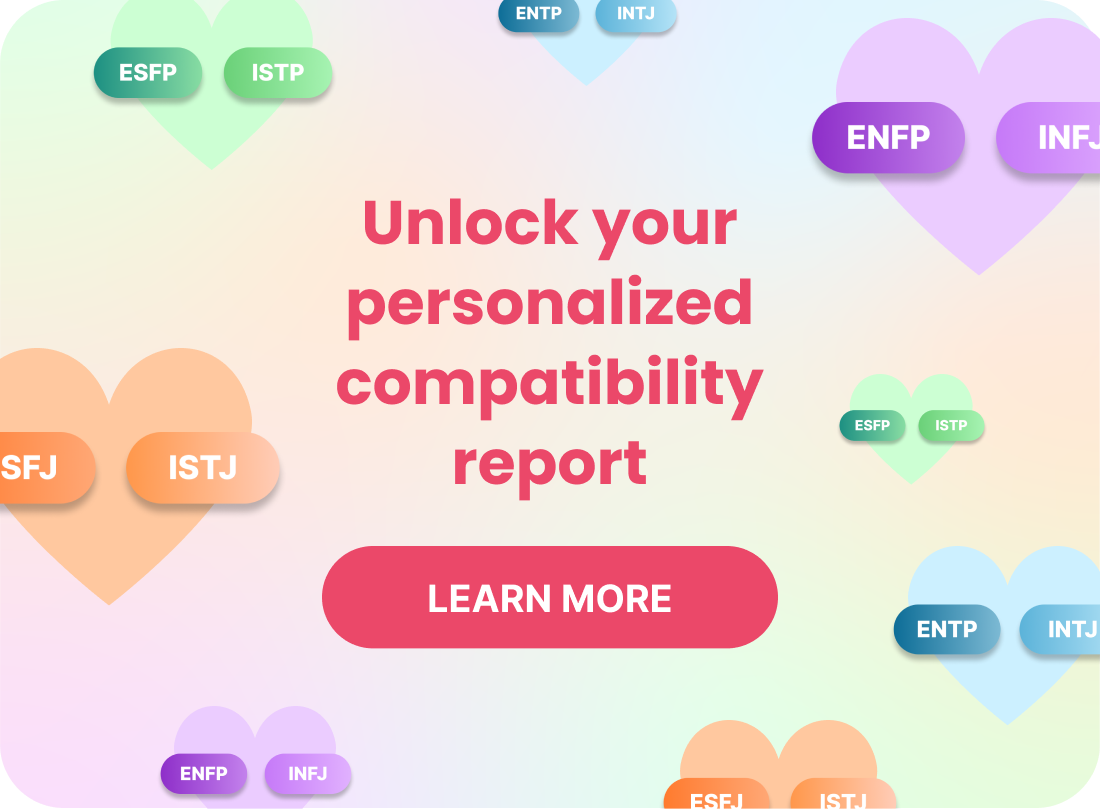Why is the Online Dating Divorce Rate 6x Higher?
In America, over half of couples now meet online. With the rise of dating apps, it has become easier than ever to find potential partners. But are people meeting the “right” partners? According to the Marriage Foundation, married couples who met online had a 12% chance of divorcing within three years compared to just 2% for those who met via family, friends, or neighbors. After seven years, the figure for people who met online was 17% compared to 10%. In addition, couples who meet online report less satisfying and stable marriages. But why can the way that you meet your partner have such a significant impact on your relationship?

In America, over half of couples now meet online. With the rise of dating apps, it has become easier than ever to find potential partners. But are people meeting the “right” partners? According to the Marriage Foundation, married couples who met online had a 12% chance of divorcing within three years compared to just 2% for those who met via family, friends, or neighbors. After seven years, the figure for people who met online was 17% compared to 10%. In addition, couples who meet online report less satisfying and stable marriages. But why can the way that you meet your partner have such a significant impact on your relationship?
Before we get started, I should say that I ran a dating app for four years, and I have personally seen that dating apps can lead to happy and fulfilling relationships. We had countless success stories of couples who met on our app (it was an app that matched couples based on their personality types).
But these stats are worth exploring. After all, the more we know, the better equipped we are to navigate this ever-evolving landscape of modern romance.
Why is the online dating divorce rate so high?
The main reason for the high divorce rate among couples who meet online is social capital. This refers to the benefits and resources that individuals can access through a shared social network. It encompasses the trust, reciprocity, and support that comes from being part of a social group. Essentially, when couples meet through family, friends, or neighbors, they inherently tap into a shared social network that can provide benefits that can increase the chances of a successful relationship.
Let’s take a look at exactly how social capital can benefit a relationship.
(1) Support
Shared networks can help a relationship thrive through support. Friends and family often act as mediators, providing advice, emotional support, and even intervention when conflicts arise. This external support can act as a buffer, helping couples navigate challenges. When we need help, our family and friends are often the first people we turn to as a sounding board. Just feeling a sense of support can help too. Just as athletes are motivated by the support of cheering fans, partners in a relationship can feel motivated by the support of friends and family who want to see them succeed.
When a relationship is formed online, couples usually don’t have that same built-in support system. As a result, they are more likely to feel isolated in their struggles and can find it more challenging to resolve certain conflicts effectively. Of course, people usually become more integrated into each other’s social lives over time, so this lack of support may not always be a long-term issue. However, it can make the early stages of a relationship more challenging to navigate and increase the chances of an early divorce.
(2) Accountability
Accountability is another factor that plays a role in the success of relationships. If you know that your family and friends are invested in your relationship, you are generally more likely to work through challenges and stay committed. When couples meet through mutual connections, there’s a level of accountability to maintain the relationship and work through any issues that arise. In contrast, when people meet online, they may not have the same level of accountability and can be more likely to end the relationship when things get tough.

Accountability can encourage “good behavior” because people know that what they do within the relationship might get back to their shared network. They know that if they act in unkind or unreasonable ways, it could affect their standing within their social circle. For example, if someone consistently talks down to their partner or is unfaithful, their friends and family may judge them for their actions. We often think of social pressure as negative, but in this case, it can serve as a positive influence, acting as a kind of glue that helps to hold relationships together.
(3) Trust
Shared networks can also play a role in building trust within a relationship. Mutual connections can vouch for people’s character and intentions. Essentially, meeting someone through our social network involves an unofficial vetting process. This means that there’s an initial level of trust already established, which can result in a higher level of certainty that a potential partner is genuine and honest.
In contrast, when we meet someone online, we have to rely primarily on our own judgment and instincts to determine if someone is genuine or not. These instincts aren’t always accurate, and sometimes we can end up questioning our perceptions. It’s much easier for people to lie and exaggerate if there aren’t mutual connections to call them out. In fact, a University of Wisconsin-Madison study found that over 80% of online daters lie on their profiles. So you’d be well within your right to be a little skeptical about facts and figures when meeting someone online.
(4) Validation
Having mutual friends and acquaintances can provide a sense of validation. If your friends and family know and approve of your partner, it can make you feel more confident in the relationship. Particularly if they have known your partner for a long period of time, their opinion can carry significant weight. It can give you external confirmation that you have made a good choice and that this person is worth fighting for. We are social creatures, and having the approval of those around us can be a powerful motivator to stay committed. Even the most independent people value the validation of their loved ones. It’s not necessarily a determining factor in whether someone will stay in a relationship, but it can certainly play a role.
Think about this analogy: if you were to buy a new product, wouldn’t it make you feel more at ease knowing that people you trust have also tried and approved of it? The same can apply to potential partners. Relationships aren’t always smooth sailing, and when you hit bumps in the road, it can cause people to question their choices. But if you have people around you telling you how amazing your partner is, it can help to give you the motivation and reassurance you need to work through the tough times. Validation can come with time for couples who meet online as they integrate into each other’s lives, but it generally isn’t as readily available in those early stages.

(5) Sense of community
Finally, meeting through mutual connections can also create a sense of community associated with the relationship. We are innately tribal creatures, and having a shared network can create a feeling of connection and belonging. It’s about knowing that you are part of something bigger and feeling a sense of camaraderie. That feeling can be especially beneficial in the face of adversity.
When you have close mutual connections with your partner, it can create a unique dynamic where you feel like you have a family of sorts. Engaging in group activities with loved ones, such as social gatherings, celebrations, and group vacations, can strengthen the bond between partners by creating a sense of belonging for all involved. Building a shared history of meaningful experiences can also help to cement the relationship.
Final thoughts on why the online dating divorce rate is so high
While we have discussed several factors that contribute to the higher divorce rate for couples who meet online, we do believe in the power of dating apps to bring people together. As I mentioned at the start, we have seen firsthand at So Syncd many success stories and happy relationships that have formed through online dating.
But it can be beneficial to be aware that meeting someone online can bring unique challenges, and being mindful of them can help navigate the road to a successful relationship. These challenges won’t be present for every couple that meets online, and even if they do arise, they may not be insurmountable.
Ultimately, the success of a relationship is determined by many factors. There are no guarantees, regardless of how you meet your partner. What matters most is that the relationship is built on a foundation of mutual respect, trust, and communication. So whether you meet online or through mutual connections, don’t let statistics discourage you from taking a chance on love. Just be aware of any potential challenges and be willing to put in the work to make your relationship thrive.




